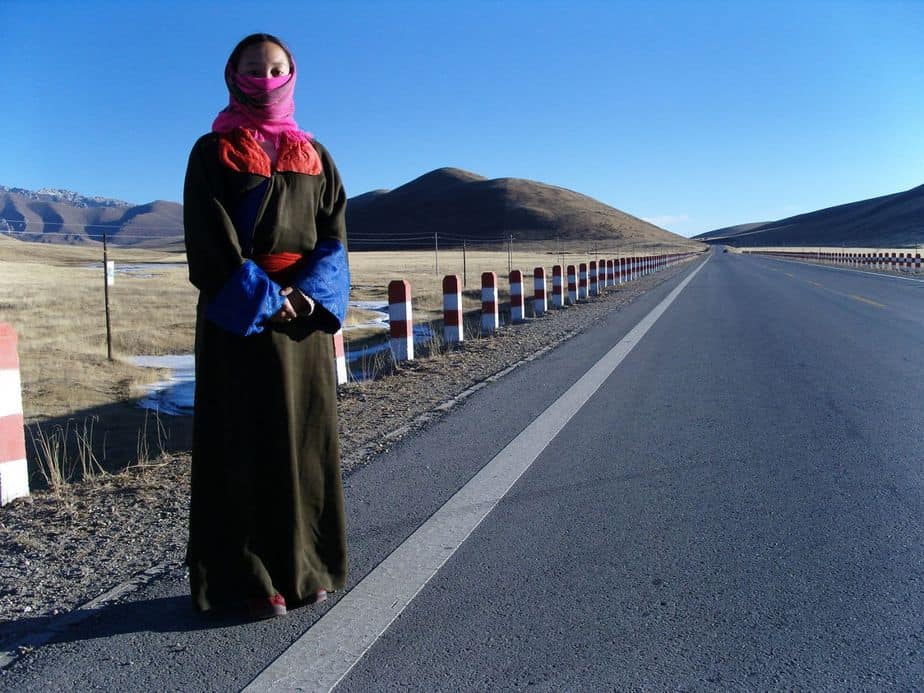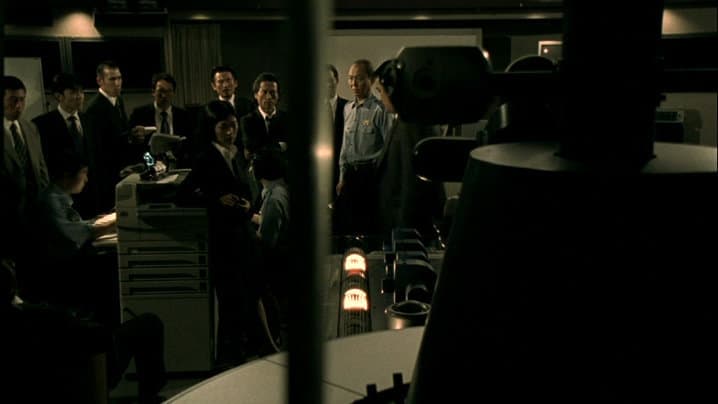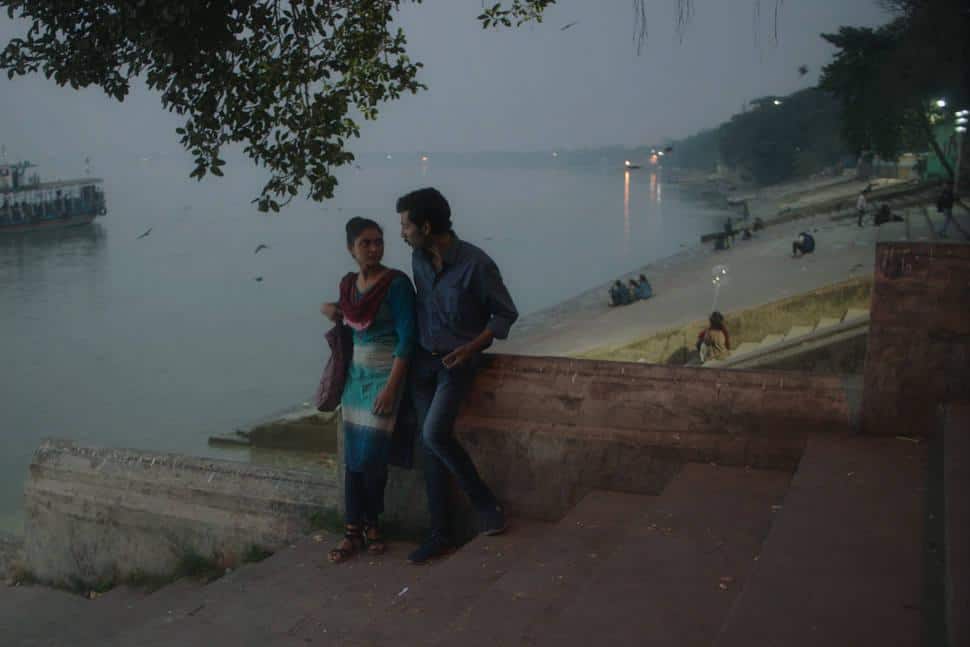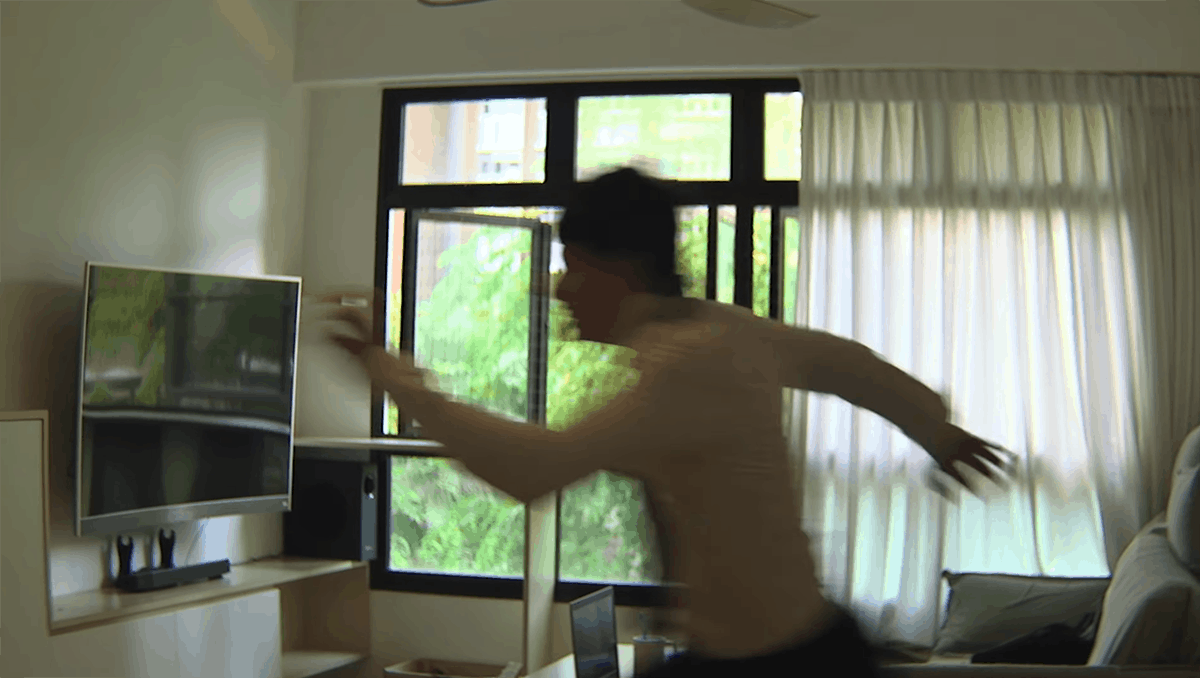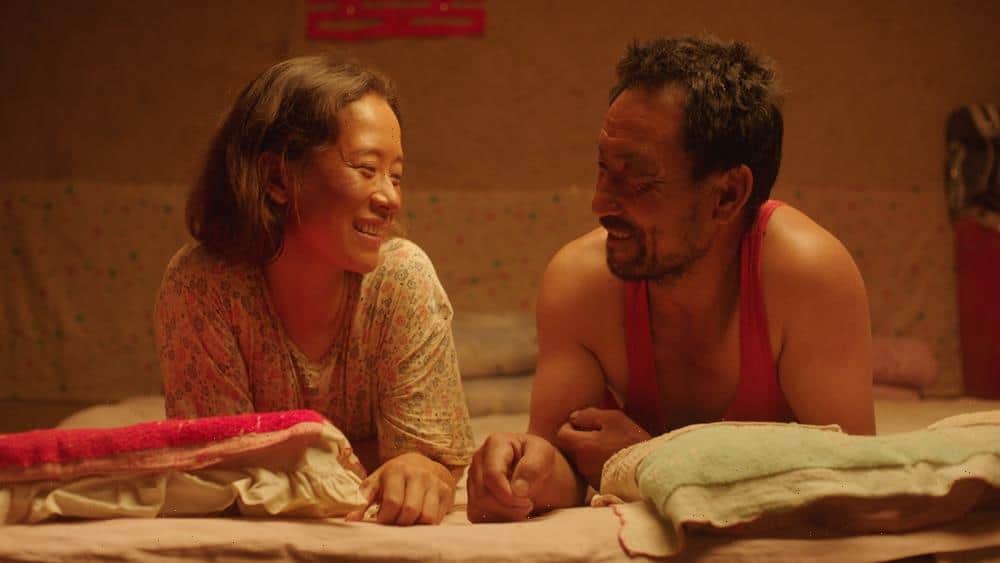Pema Tseden's second feature film is a landmark for Tibetan cinema, being the first ever film from the country to be shot entirely with a Tibetan crew in the Tibetan language, while it is also noteworthy that the production was supported by renowned Chinese 5th Generation filmmaker Tian Zhuangzhuang.
“The Search” is now available to stream on OVID.tv
A director, a cinematographer and a producer drive through the Amdo region of Tibet, scouting actors for the “Drime Kunden” opera, which is traditionally performed for the Tibetan New Year and revolves around a prince who, selflessly, gives away his wife, his children and his own eyes to those in need. Eventually, they reach a village where they find the perfect actress to play Made Zangmo, Drime Kunden's wife. However, the girl is very shy, and furthermore, will not perform unless her boyfriend, who has left the village to find a job in the city, plays the lead. The crew decides to take her along and continue their trip searching for the rest of the parts, which brings them to various places, meeting a number of diverse performers, but also frustrates them, as they realize that a number of Tibetan traditions have perished. While they are travelling, the producer narrates a rather lengthy story about his first love.
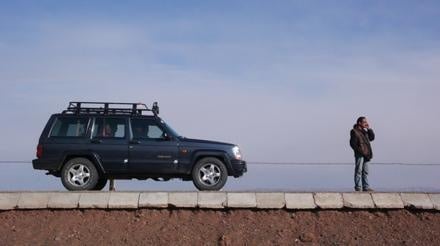
Pema Tseden directs a road movie that functions, though, in a number of levels. The most obvious one is the “tour guide” to both the rural and the urban settings of the area. Tseden highlights the beauties of the Tibetan scenery in an almost idyllic fashion but is quite realistic about the life in the villages and the city, including schools, monasteries, homes and even a karaoke bar whose depiction, and of the people in them is stripped from any kind of exotification or cliché. This aspect benefits the most by the excellent cinematography of Sonthar Gyal, who succeeds fully in both regards, while his almost exclusively (with the exception of the car scenes) medium or long shots highlights the various characters the group in connection with the environment that “hosts” them.
The second level of the road movie includes a trip to the performance arts of Tibet, as the film crew meets a theatre troupe, a performer who mimics Charlie Chaplin, and various aspiring (opera) singers and actors, most of which actually perform in the movie in the auditions held. Pema Tseden presents a rather harsh comment through this aspect, regarding the traditions and the customs that are disappearing due to the influence of the West and of China, a tendency that also includes Tibetan language. This last part becomes quite evident since the film crew always asks the aspiring actors if they can speak Tibetan.

The third level focuses on the three stories, all of which are presented through different approaches. The story of the opera is presented through the performances and various people who narrate their life, with the old man who also gave up his wife drawing a clear parallel with the original story. The love story of the producer is presented through his narration, which is interrupted multiple times due to the events that take place in the movie, but always continues. The narration, despite its length, is quite captivating, and at times, I caught myself thinking that this story would also make a great movie. At the same time, during the narration, the camera focuses on the girl, who, despite being seemingly inactive, also seems to pay careful attention and even react subtly to it, mostly through her eyes. This aspect highlights both her acting and Pema Tseden's directorial abilities. The third story involves the search of the singer's boyfriend, in an aspect that looks almost mainstream, but also shows its depth upon its conclusion.
Amidst all the aforementioned elements, Pema Tseden has also managed to include much humor, which derives from the various dialogues, the performances and also the frequent laughter of the members of the crew. This aspect lightens the overall slow-burning, art-house mood, and adds to the entertainment the movie offers.
“The Search” is a great film, which shows a number of aspects of Tibet through the realistic look of a local, without, though, omitting to offer much entertainment.


